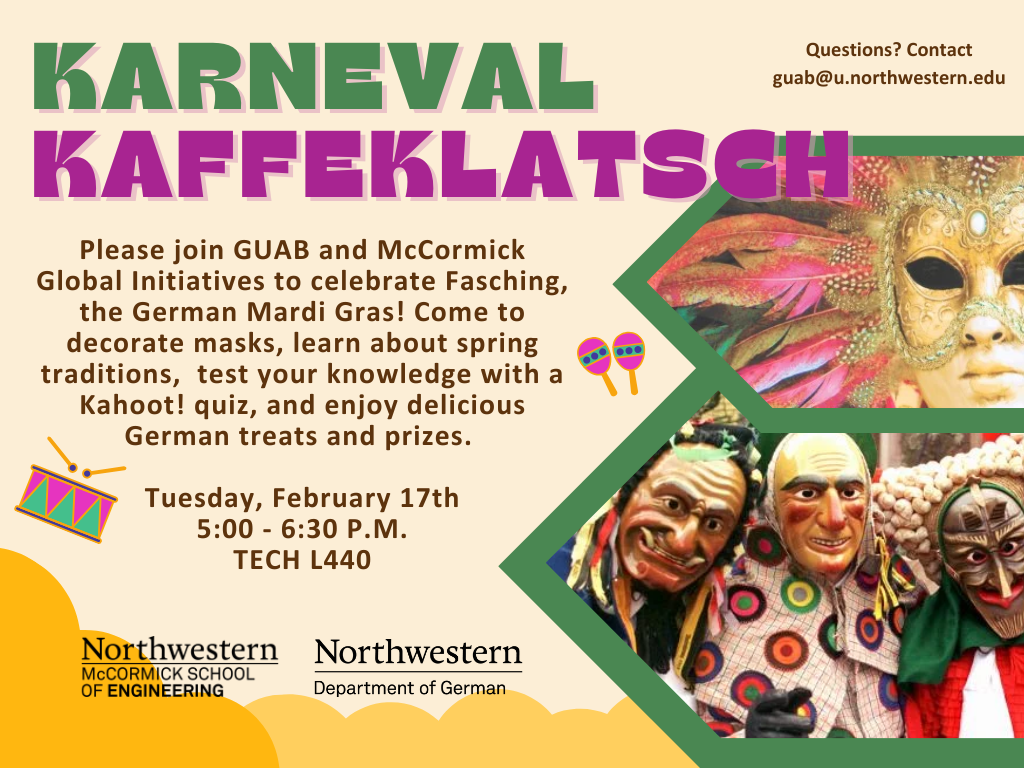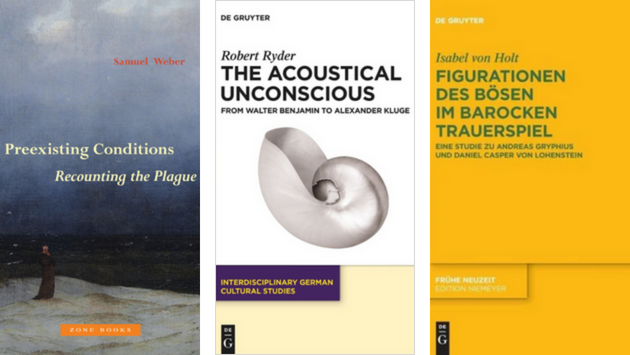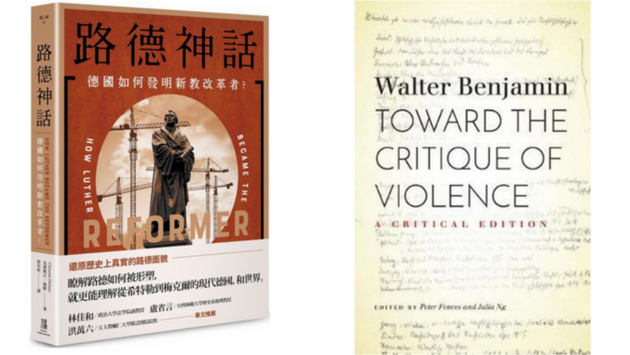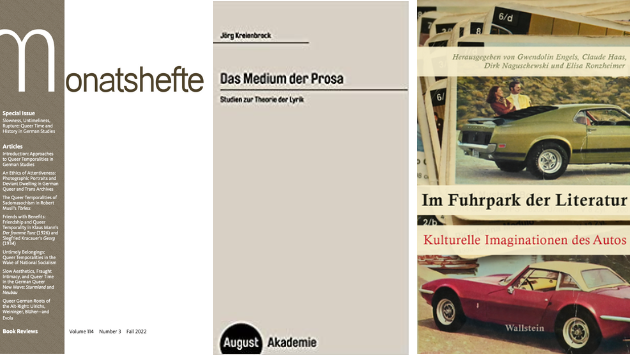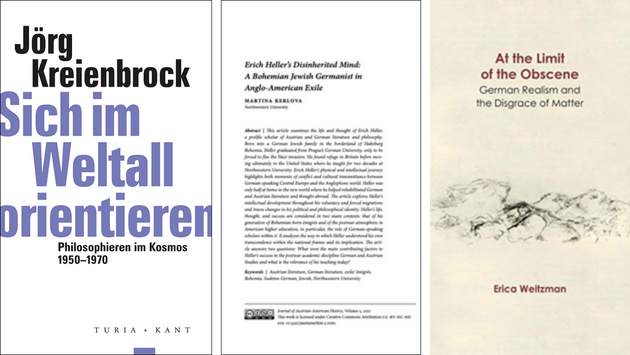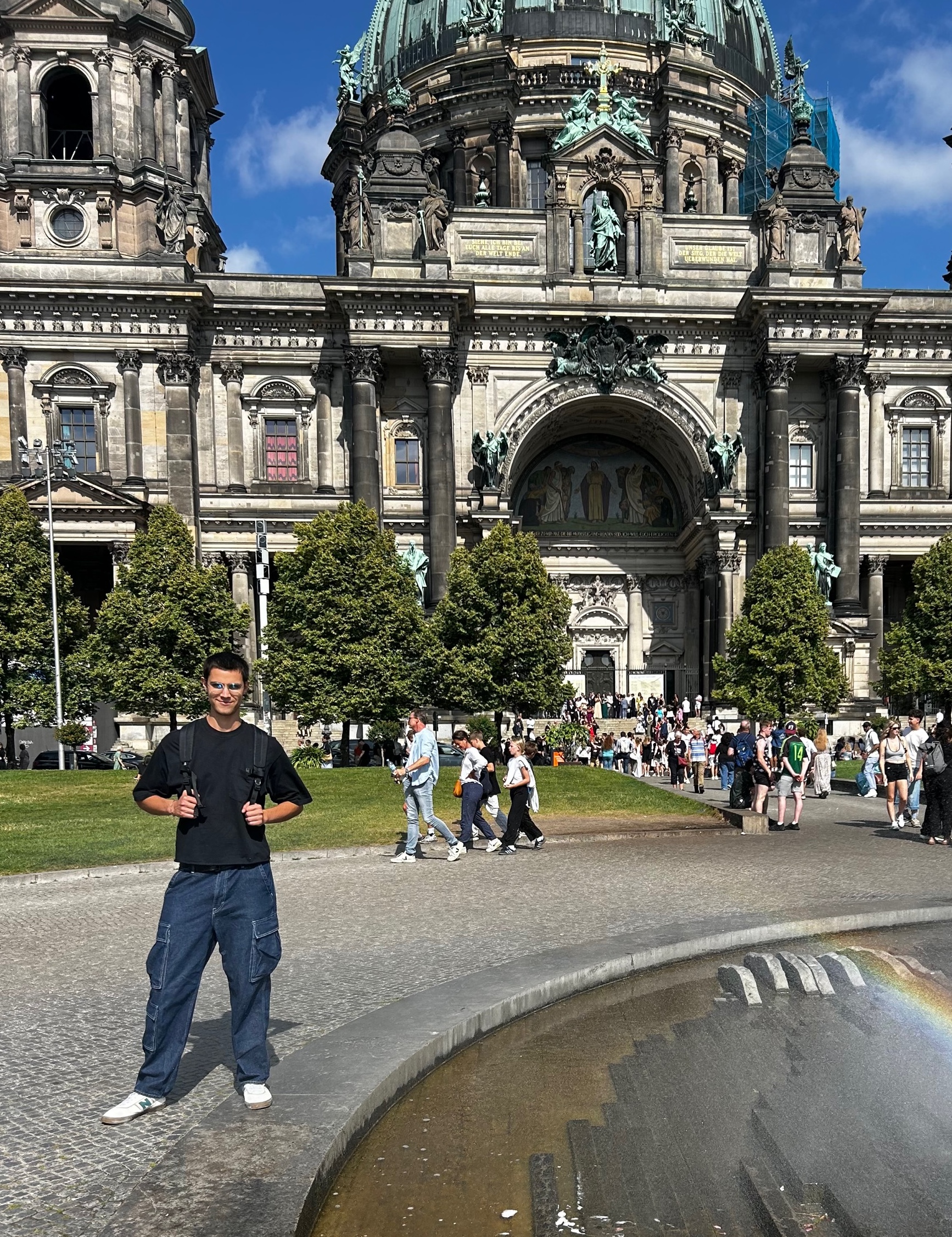
Nate Sowder (CS and German) on 6-month contract after Summer Internship Program in German Department
Nate is currently working as a software developer for the European Institute for Participatory Media (EIPCM) in Berlin until at least July 2026. In Summer 2023, he received an internship at EIPCM with funding from the Department of German’s Friedman-Kline Foundation Scholarship and in partnership with Cultural Vistas. After completing his Bachelors in Computer Science with a minor in Business German (Fall 2023) and subsequent Masters in CS (Spring 2025) at Northwestern, he was offered to return to EIPCM as a full-time employee. He moved to Germany in May 2025 and currently resides in Wedding, Berlin, where he can often be found haggling at the local and numerous flea markets.
If you have questions about getting an internship in your field of expertise via the German Department, please contact Professor Ryder (rob.ryder@northwestern.edu).


